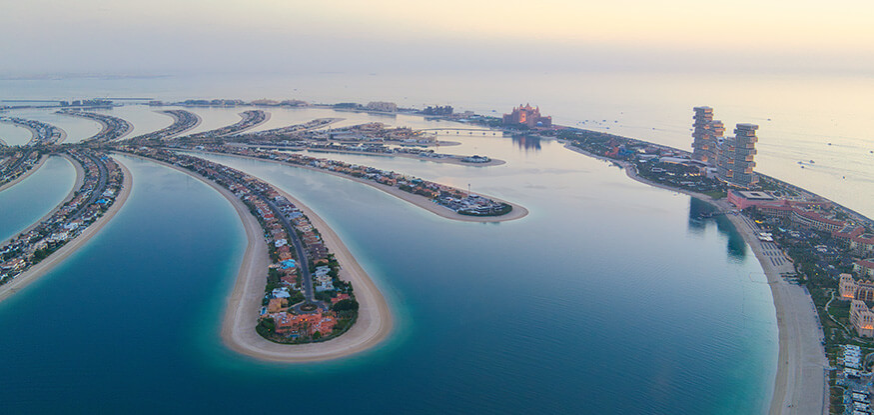UAE Leads the Way in Autonomous Vehicle Innovation

Over the past decade, autonomous mobility has been at the forefront of global transport innovation, yet scaling these technologies to meet real-world demands remains challenging. Complex infrastructure needs, regulatory hurdles, and integration costs have slowed global progress. In contrast, the UAE has positioned itself as a leader, transforming its cities into centers of excellence for the future of transportation. By merging advanced infrastructure with strategic partnerships, the UAE is setting a benchmark for the adoption of autonomous systems.



